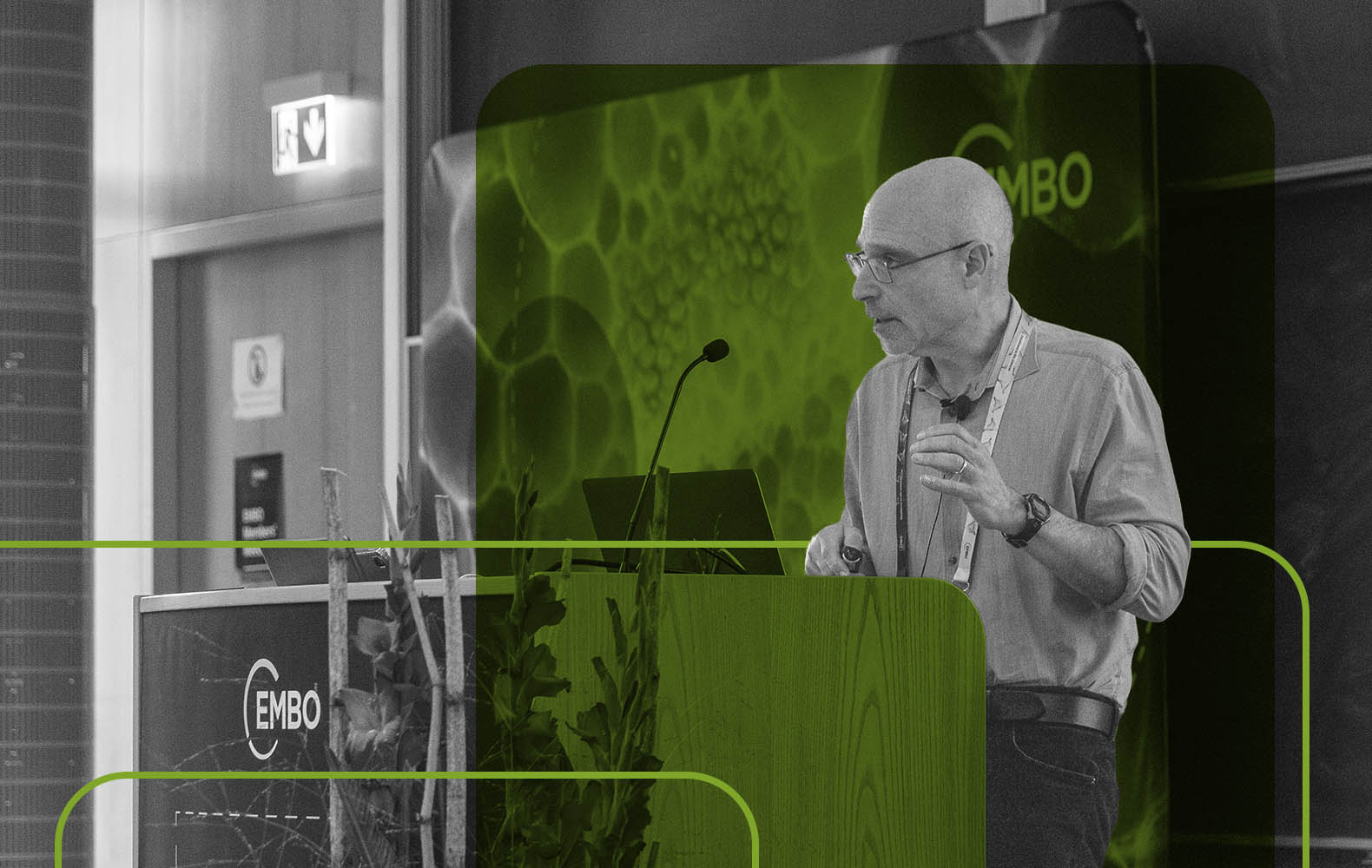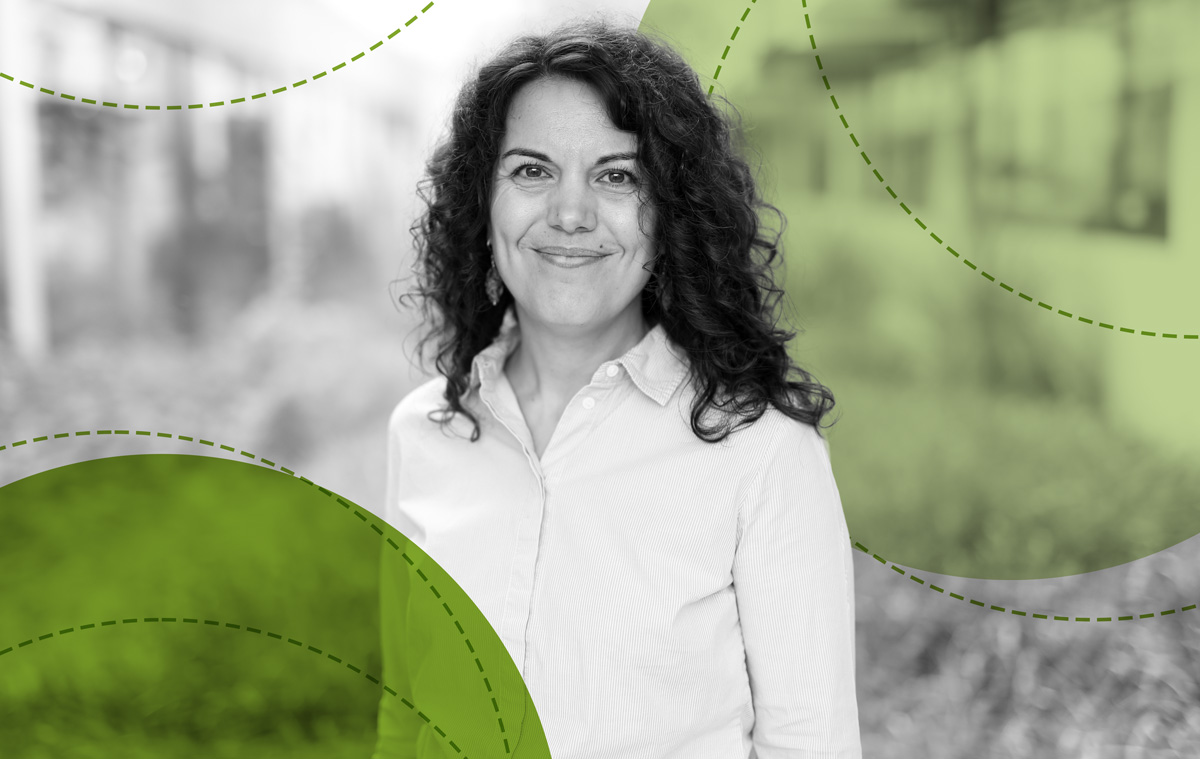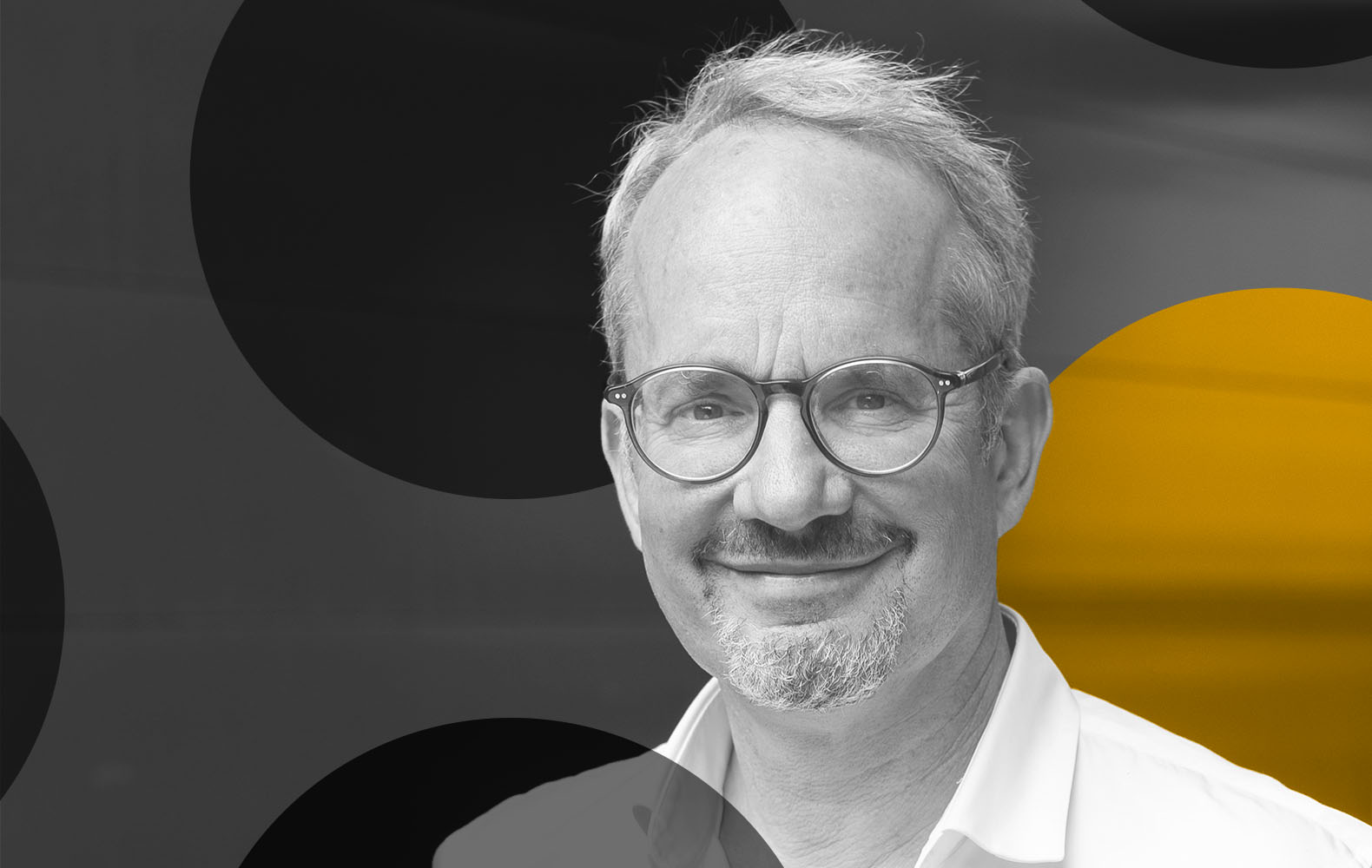Asifa Akhtar has a connection to EMBO since her EMBO Postdoctoral Fellowship brought her to Germany. In this interview, she shares her views about Germany as a place for life scientists as well as insights into her latest research.
How does your international background influence your work in Germany?
I was born in Pakistan, lived in the United Arab Emirates and France as a child, studied in the UK, and then moved to Germany. These influences have been enriching and have given me a sensitivity to cultural differences—whether in mentorship styles, teamwork, or how feedback is given and received. As research labs are international and cosmopolitan, that awareness has helped me to build a nurturing environment in my lab. Innovative ideas develop when people with diverse expertise and experiences come together.
What is your latest research focused on?
My group’s research focuses on the mechanisms of epigenetic regulation, especially through histone acetylation. We study the process of dosage compensation, where male fruit flies upregulate the single X chromosome to match expression levels in females. We examine how the involved protein complexes have evolved across flies, mice and humans. Our work has helped to understand rare neurodevelopmental syndromes in humans caused by mutations, such as the MSL3 (Basilicata-Akhtar) Syndrome. We also work with the MSL3 Syndrome Foundation to raise awareness. I advocate for curiosity-driven research, as fundamental knowledge of a healthy organism is important to understand what goes wrong in disease.
What are current trends and opportunities in the life sciences in Germany?
Germany is one of the best places to do research: more than 3% of GDP is invested into research and development. Of course, getting funding is competitive, but one can build a career in life sciences. There is a healthy balance of university funding and non-university organizations. This generates opportunities for scientists in academia, where they also teach, and in research-focused settings, which are either more curiosity-driven, such as the Max Planck Society, or application-driven, such as the Helmholtz Association or Humboldt Foundation. I am also interlinked with the University of Freiburg by Collaborative Research Centres of the German Research Foundation and an Excellence Cluster, and enjoy the interaction with students and the broader scientific community.
Are there challenges?
Ever-increasing bureaucracy in Germany is a burden and affects creativity. Paperwork can become daunting and make finishing experiments in a reasonable timeframe more difficult. This becomes a bottleneck as publications—the currency of science—are delayed, threatening continued funding.A language barrier can affect recruitment processes. Organizations should provide language courses to ensure that scientific and administrative staff have basic skills in German and English. Getting a place at a kindergarden can also be a challenge. If a parent must be at home for a year because childcare is not available, it poses a potential career setback.
If we want to help to develop careers in Germany, not just in academia, we will need the infrastructure that supports this. In today’s world, we need a culture of collaboration and team spirit, so that we all move forward together as one country.
What advice would you give to an early-career scientist starting in Germany?
Bringing passion and commitment is often all you need; Germany can provide the rest. The country values research as a driver of innovation, and compared to many other parts of the world, there is a strong investment in this area, which is great. Overall, the infrastructure is good, and top-level scientists are spread across the country, creating a really high standard nationwide. As a result, the specific region becomes less of a deciding factor. The entire country remains a highly attractive destination for researchers and, yes, this leads to strong competition for positions long-term. Still, scientists should see Germany as a place where meaningful, well-supported research careers can truly flourish.
What role does EMBO have in supporting researchers in the country?
I like the European, not country-centric, view of both EMBO and EMBL. I am a European at heart, and EMBO carries exactly that in its core mission. I think that organizations such as EMBO and EMBL, if anything, should be expanded, because they go beyond boundaries and look for possibilities to promote science without borders.
You had an EMBO Postdoctoral Fellowship, are an EMBO Member and received the FEBS | EMBO Women in Science Award. What has EMBO meant for your own career?
My EMBO Postdoctoral Fellowship brought me to Germany and EMBL. It was a big step for me. I have also greatly benefited from the fellowships awarded to my mentees as a principal investigator. About 20 years ago, I organized the first Chromatin and epigenetics meeting as an EMBO conference. I am still one of the organizers of the conference (which EMBL runs today). It has become an international flagship meeting, an asset for science communication and bringing the community together. The FEBS | EMBO Women in Science Award was a great recognition of the work of my lab. The more examples of successful women in science and academia we have, the easier it is for the next generation to observe various paths to success. Drop by drop makes the ocean!



